
1. Preparation and Planning for your Small Fleet
The first step is most crucial to the success of your up and coming small fleet. You need to consider the impact of running your own company and how you will best manage it. Below are some tips to bear in mind when starting up:
- The Market. Be sure to spend time carefully researching the market niche for your small fleet. Learn your customer base and size up your soon-to-be competitors. It is important that you know what you are up against and that you have a strategy to build your own loyal customer base. Decide how you are going to get your name out there. If possible, use your vehicles like moving billboards. Plan to have your fleet vans wrapped and get your company name and logo out there on the streets. Projecting a good image to potential customers is extremely important.
- Expenses. Make a detailed plan of your expenses and your projected profits. Some expenses may include the purchase of a new vehicle or business location. There will also be payroll taxes, worker’s compensation and insurance, and of course your employee’s wages and benefit costs. How much you are able to spend on start-up costs will determine the size of your fleet but don’t make the mistake of multiplying your profits by the number of vehicles. Expenses may outweigh the profits in the beginning however that should change as you break further into the market.
- Management. Plan how you will manage your small fleet in the most efficient way possible. Think about your invoicing and filing systems. How will they be best managed so it is an easy process for you and your customers? Scheduling is also important. GPS tracking devices can be extremely useful for this. By knowing exactly where your drivers are at all times, this will allow you to schedule their next appointments and give your customers an estimated arrival time.
There is a lot of planning needed when starting up a small fleet of your own and it is a good idea to get a second opinion. Speak to a consultant or a friend who may have gone through the same thing. They will make sure nothing is overlooked and will have helpful tips to get you started.
2. Choosing the Right Vehicle for your Small Fleet
The next step is to choose the right cargo van to best maximize your potential. Take a look at the characteristics you’ll need the most in your fleet. Some factors include:
- Price. Decide what are you willing to spend on your van. Do you want to buy it for the least amount possible in the beginning, and maybe upgrade once you are making a steady profit? Or do you want to bite the bullet and get a more expensive van that will last you for many years?
- Fuel savings. Are you concerned with getting the best mileage possible? If you foresee your vehicles traveling over large distances daily, then a van with high fuel savings probably makes the most sense. Not only will you be saving money but you will also be making less of an impact on the environment.
- Size. The size of your vehicle depends on your job. For fleets in a busy city, a smaller van makes more sense as it can fit into tight spaces and underground parking lots. However, it depends on what you will be using your vehicle for. If you plan to create a work station in the back of vehicle, then a high roof van is a much better option. Your employees will have the space to stand up without bending. The van size also depends on what you plan to carry. If you will be hauling skids, you need to make sure they will fit in your van and that they will not be heavier than the vehicle’s load capacity allows.
These are just a few suggestions to look into when choosing your fleet vans. Do some research on the cargo vehicles available and narrow them down to the one you think will meet your small fleet needs.
3. Van Equipment for Your Small Fleet Van
Lastly, choose an upfit for your small fleet vans. Having the right van equipment for your work is an important factor in keeping the tools in your vehicles organized and in keeping your employees safe. Here are some products that you might consider putting in your vehicle for a better work experience:
- Shelving. Outfitting your vehicle with shelving is a smart choice. Instead of having all your tools rolling free in the back of the van, they can be placed neatly on the shelves. This will help keep everything tidy and decrease the amount of time your employees spend searching for their parts and equipment. Bins and dividers can also be purchased with the shelves to offer an individual spot for the smaller tools.
- Partitions. If you plan to put tools and equipment in the back of your vehicle, then a partition is mandatory. Although most cargo vans are sold with an OEM version, you may want to upgrade to one that will better suit your needs. For example, if your employees will constantly be entering the back of the van, you will want a partition with a door. Partitions are there to keep your driver’s safe, so why not get the most use out of them as possible?
- Ladder Racks. If carrying any sort of ladder in your fleet van, a roof rack is absolutely necessary. There are many different types available out there to suit your needs. First, decide which type of ladders and how many each vehicle will need to carry. Then research the rack that will be the most beneficial. If your employees will be accessing their ladders many times during a day, maybe a drop-down rack is the best option to reduce strain. If you are transporting both ladders and additional materials, then a cargo rack would be ideal.
These three items are just scratching the surface when it comes to van equipment. There are many other options to choose from for your small fleet vans, including floors and an endless variety of accessories.
Overall, there are great profits that can come out of owning a small fleet. As your small fleet becomes increasingly well known and you are able to break into the market, monetary benefits will follow. Yet maybe more than that, is a sense of satisfaction that comes with running your own company. You are your own boss with the ability to build your small fleet around the corporate values you believe in.
To get a consultation about the right package for your fleet, contact one of our fleet specialists.

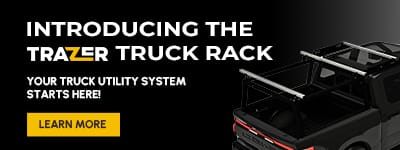
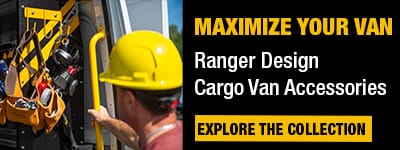
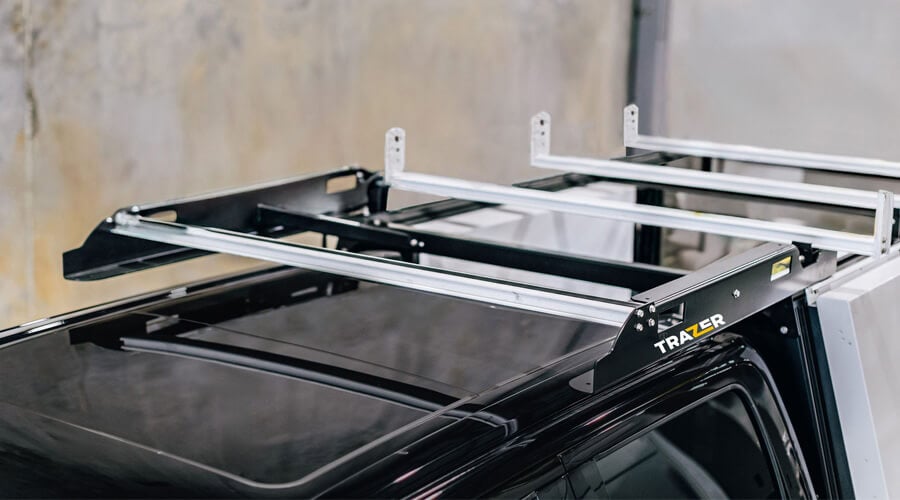
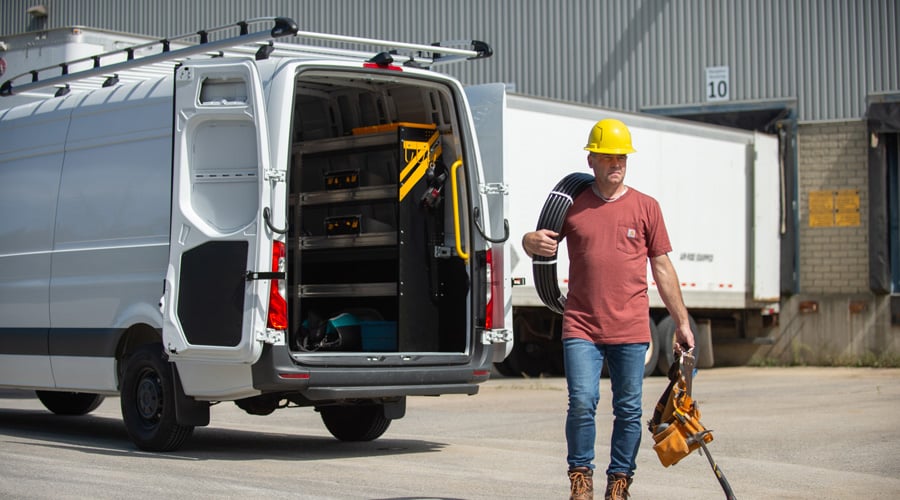
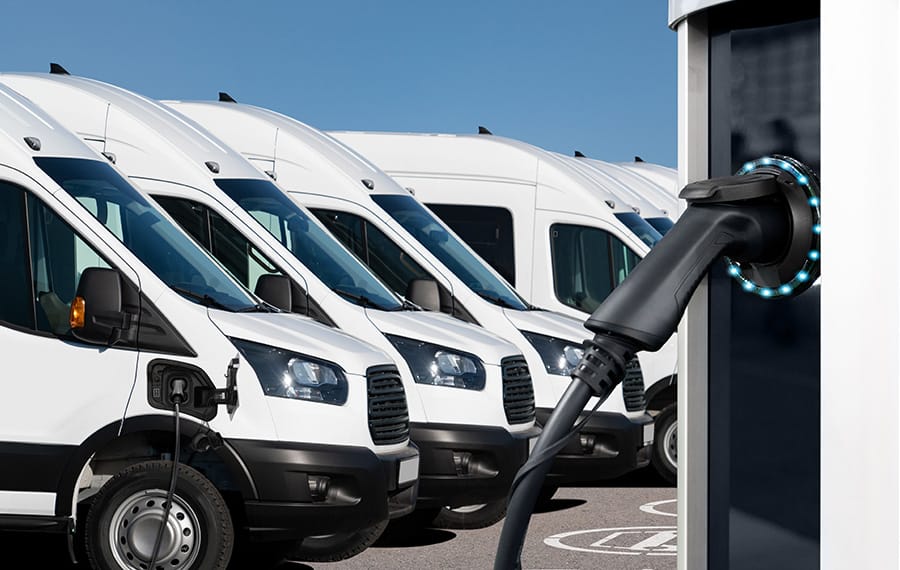

Leave a comment